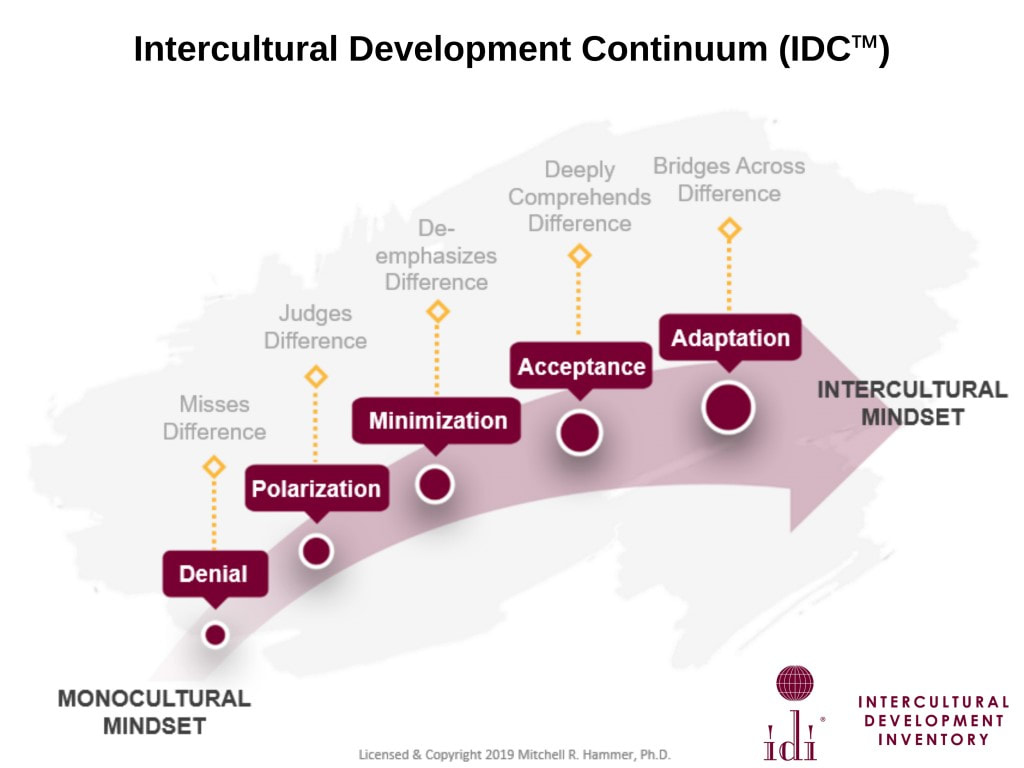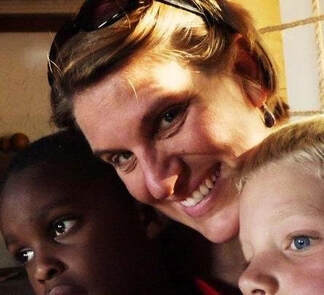 Beloved Community Communications Team Yesterday I was clever, so I wanted to change the world. Today I am wise, so I am changing myself. — Rumi “Authentic relationships … personal practice … an ever-widening circle of belonging for all people … brave space for racial healing,” are what “we the people of Unity Church-Unitarian” pledge to create and sustain, as outlined in our Ends Statements. Racial equity and diversity inclusion work isn’t a program, but a lifestyle, according to Trina Olson, co-founder of Team Dynamics.* Inherent in our pledge is a commitment to build from what’s been started, maintain momentum, and as Trina said, to “create a container where the assets from our mixed team are showing up … to make a really meaningful impact.” The Unity Church Board of Trustees is passionately committed to working toward our promises/ends and in 2021, plans to build on the important efforts already begun. Trustee Jackie Smith reflected on this work: The board engaged with Team Dynamics and the IDI (Intercultural Development Inventory) on several levels in 2020. Team Dynamics served as a resource as we formed our framework for the Ministerial Search Team (MST). We appreciated the support of Team Dynamics in identifying priorities around identity, expertise, and perspective as we developed criteria. This helped us prioritize, evaluate, and address a process for forming the MST. By early spring of 2020, all trustees had completed the IDI, and participated in both individual and group debriefing sessions. Our scores and debriefings motivated the board to work more deeply on growth plans. We engaged in a three-session series with the IDI facilitators to set goals and action steps in the context of our individual scores. The impact of the IDI inspired the trustees to recommend that new trustees and members of the MST engage with the IDI. These two resources helped us to examine systems, processes and interpersonal norms present in board work. We now have tools for naming and examining the presence of white supremacy. This led us to slow down some decisions, examine our own deeply held cultural tendencies, and engage in more meaningful reflection. We are still learning and support one another as we go. The IDI framework and collaboration with Team Dynamics have supported our growth in governing toward the Ends. The opportunity to engage in personal and community reflection has empowered us to name things, and question interactions, systems, and processes that impact our efforts to reach the Beloved Community. We will continue to incorporate our learning and growth into board duties such as monitoring our Ends, supporting the ministerial transition, and engagement of new trustees. The board has a deep commitment to our Ends. Note: The Intercultural Development Inventory is a tool to help us assess our place on the continuum of and point us forward to greater cultural competence.
Opportunities to complete the Intercultural Development Inventory and work with a qualified administrator are available to Unity Church members and teams. If you are interested, please contact Drew Danielson at [email protected]. *Trina Olson and Alfonso Tomás Wenker, Behave, podcast audio, December 15, 2020, https://behave.libsyn.com.
0 Comments
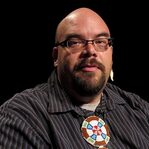 Rev. Jim Bear Jacobs Rev. Jim Bear Jacobs Indigenous Justice Team A new team is forming at Unity Church around indigenous justice and reparations. Last fall, a Wellspring Wednesday program, “Repairing Broken Trust: Congregational Approached to Reparations with Indigenous Peoples” with Rev. Jim Bear Jacobs, inspired a small group of congregants to continue the conversation. For more information, contact Jess Landgraf. 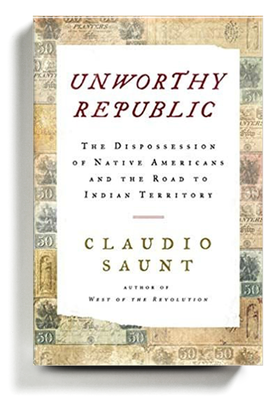 New Book Explores America’s Removal of Native Americans Unworthy Republic: The Disposition of Native American and the Road to Indian Territory by Claudio Saunt (Norton, 2020) is a deeply researched and detailed narrative about the efforts of the U.S. government to remove native peoples from their lands. Indian removal, or “deportation,” was characterized by greed and incompetence, as well as by the willingness to violate treaties and principles of common decency. Starting in 1830 with the passage of the Indian Removal Act, Federal troops, state militias, and private contractors rounded up 80,000 native inhabitants and transported them to what is now Oklahoma. The trek to Indian Territory involved transportation by steamboat and barge as well as forced marches of many hundreds of miles across uncharted wilderness. Thousands of Creeks, Choctaws, Cherokees, Chickasaws, and Seminoles died from disease, injury, and starvation, giving rise to the phrase Trail of Tears to describe the journey. Those who resisted expulsion, and there were many, were shot, whipped, chased by dogs, or driven from their farms and villages. The stated reason for this effort was the protection of Indians from advancing white civilization. The real reason was to steal the rich land belonging to the tribes. The growth of the cotton market and the availability of enslaved Africans made the land ideal for the expansion of the plantation economy. Indigenous people who had occupied those lands for generations stood in the way. During this period, white southerners tried out ideas about states’ rights and white supremacy that gained traction during the run-up to the Civil War. Such notions are still heard today in the U.S. and wherever greed and racism join forces to benefit the majority. It is both a sobering historical story and one that feels all too fresh despite the intervening years. Unworthy Republic was a finalist for the National Book Award and named one of the ten best books of the year by Publishers Weekly. —Reviewed by Louise Merriam, Library-Bookstall Team. 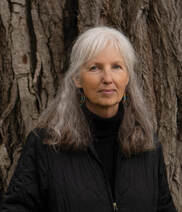 Native American author Diane Wilson to Read at Unity Church Wednesday, March 31, at 7:00 p.m., Online Register here: https://bit.ly/DianeWilson Diane Wilson (Dakota) is the author of a memoir, Spirit Car: Journey to a Dakota Past, which won a Minnesota Book Award, as well as a nonfiction book, Beloved Child: A Dakota Way of Life. Diane appeared at the 2020 Women’s Retreat and we are honored to welcome her back to read from her new book, The Seed Keeper. A haunting novel spanning several generations, The Seed Keeper follows a Dakota family’s struggle to preserve their way of life, and their sacrifices to protect what matters most. Registration is required to attend the event on Zoom. Unworthy Republic and The Seed Keeper are available to purchase in the Unity Online Bookstall and at your favorite local bookstore. Or contact the Library-Bookstall Team for mail order library service; a limited number of library copies are available. Look for more useful antiracism resources in Unity’s Justice Database.
|
Topics
All
Beloved Community ResourcesUnity Justice Database
Team Dynamics House of Intersectionality Anti-Racism Resources in the Unity Libraries Collection Creative Writers of Color in Unity Libraries The History of Race Relations and Unity Church, 1850-2005 Archives
July 2024
Beloved Community Staff TeamThe Beloved Community Staff Team (BCST) strengthens and coordinates Unity’s antiracism and multicultural work, and provides opportunities for congregants and the church to grow into greater intercultural competency. We help the congregation ground itself in the understanding of antiracism and multiculturalism as a core part of faith formation. We support Unity’s efforts to expand our collective capacity to imagine and build the Beloved Community. Here, we share the stories of this journey — the struggles, the questions, and the collaborations — both at Unity and in the wider world.
The current members of the Beloved Community Staff Team include Rev. Kathleen Rolenz, Rev. KP Hong, Rev. Lara Cowtan, Drew Danielson, Laura Park, Lia Rivamonte and Angela Wilcox. |
